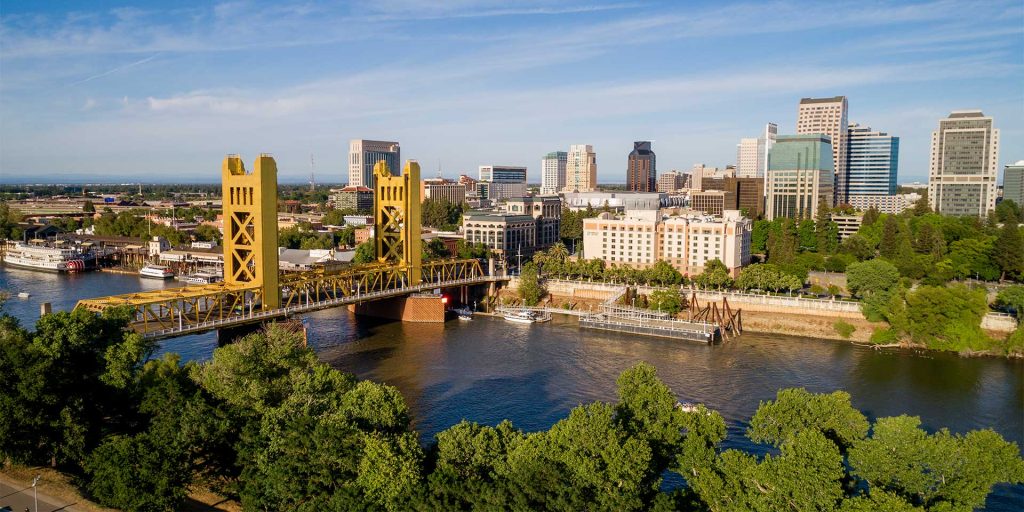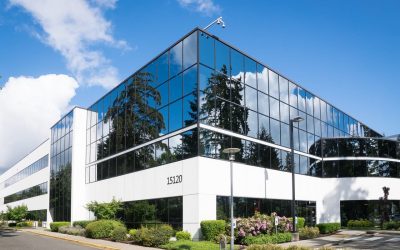Multifamily complexes are an excellent way to begin investing in real estate. One real estate deal is the only thing required to acquire multiple units and earn different streams of passive income. To ensure optimal ROI, investors must evaluate every factor on the table for multifamily property investing deals and review their expected returns from each angle. Here are some questions to ask yourself to help you make rational, well-informed rental investing decisions and ensure your next rental property is a success.
Is it the best location for me?
The city in which a multifamily complex is located is extremely crucial. Local trade operators and employment levels are important, but a more detailed examination of the property’s specific neighborhood is also required. Is the neighborhood already popular, or is it gaining popularity? Are other demographics in the neighborhood, such as the age distribution and average household size, favorable to apartments? The importance of local economic activity cannot be overstated. Transportation is also important; are there nearby motorways or light-rail lines that provide access to downtown areas or other employment centers?
Why is the property being sold?
Knowing why the property is being sold can help with negotiations. A seller dealing with a 1031 exchange, for example, will have different selling circumstances than someone who is burned out on the real estate. Reasons for selling can range from partner discord to retirement, new opportunities, inherited property, or relocation.
When was the last time the roof, furnace, air conditioner, and hot water heater were all replaced?
Of course, there are other aspects of a complex that must be considered. However, some components, such as framing, wiring, and plumbing, have extremely long lifespans, and cosmetic updates are obvious. You don’t need me to tell you to take a look at the kitchens and bathrooms; you already know how dated or trendy they are. However, the age of the roof, furnace, air conditioning unit, and hot water heater is not always obvious. These can be costly to replace, so if they will need to be replaced within the next few years, you should be aware of this before purchasing the rental property. First, inquire with the seller. Get expert opinions if they can’t give you a specific answer – preferably with documentation.
What kind of financing is currently in place for the property?
When looking for mortgage lenders to finance a multifamily complex, you may encounter a number of difficulties. While potential rental income can help you qualify for the purchase, you will still need good credit, a low debt-to-income (DTI) ratio, and a larger down payment—usually 25% or more with multifamily housing. Banks understand that tenants can leave and that you may have to pay the entire mortgage until you find another resident.
How much does the property cost?
Multifamily complexes are typically more expensive than single-family homes. Not only will you need to come up with a larger percentage for the down payment, but the down payment itself will likely be higher because it will be based on a more expensive property. Make sure you have the funds to cover this additional expense.
How will you collect rent?
You should be comfortable collecting rent in person from your tenants and be prepared to face the possibility that they will not pay on time—or at all. If you rely on rental income to cover that cost, their late or nonpayment can have an impact on your cash flow and ability to pay the mortgage. If you have to evict the tenants for nonpayment, it can take months and may require the hiring of legal counsel.
What are the current vacancy rates?
Complexes with vacancy rates of more than 7-8% are either in an undesirable market area or in need of renovation. However, such critical figures are sometimes simply the result of poor management. Apartment buildings require a lot of management, and tenant relations and proper maintenance are all vital aspects of the property manager’s job. An investor can gain a better understanding of a property’s potential competitiveness by reviewing current and historical occupancy rates.
Who will be in charge of the property?
You can avoid paying a property manager if you manage the property yourself. But managing a rental property is still a huge expense, even if you do the work yourself. When calculating the cash flow of a rental property, you should include property management as an expense. I highly recommend managing your first few rental properties. It makes you a better rental investor because it pushes you to learn what tenants want, how to buy rental properties that will attract good tenants and the job of a landlord. After you’ve gotten the hang of being a landlord, you can always outsource property management.
Read Also: What Is a Cap Rate in Real Estate?
Purchasing a Multifamily home is not the same as purchasing a stock. It takes time, effort, and a lot more money to save up for a down payment, and you can’t sell it on the spur of the moment. Despite this, multifamily properties have some distinct advantages. By knowing these above questions before purchasing a multifamily property, you can easily predict your cash flow and returns.






